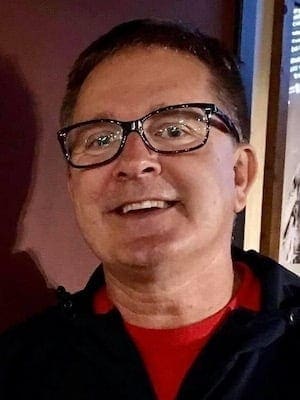Imani walked down the hall with a paper cup in her hands.
She stopped and held up the cup to me. Inside its paper walls were soil, water and seeds – all those humble and elemental things that build a third-grader’s scientific knowledge.
Imani was growing cabbage.
She was my student last year. She loved science and writing. I remember the look of wonder in her eyes when we studied weather.
We learned about tornadoes. In my classroom, I had two 2-liter bottles connected by a tornado tube, a plastic piece that allows you to make a tornado by swirling the water around and around in one of the bottles.
Imani held the bottles in her hands and marveled as her water formed into a giant, powerful funnel cloud. “Wow,” she whispered.
I love the sound of learning.
After the experiment, my students worked on their weather journals. Imani sketched and wrote for 30 minutes, drawing her picture of cold air colliding with warm air.
She wrote about how she would help her mom should there be a tornado warning.
I thought about how much Imani is like her cabbage seeds. The dangers that swirl around her come from gender stereotypes that threaten to curb her scientific interests.
I worry that she will internalize the myth that boys are good in math and science and girls are not, and that she will give up interest in science by the time she gets to middle school.
And as the Children’s Defense Fund reminds us, she is also vulnerable because she is a child of color growing up in poverty.
A year later, my little scientist/author still loves science and writing. I visited her in her new classroom while she was working in her science journal.
Imani’s notebook was filled with sketches and descriptions of seeds being planted into soil – soil being sprinkled with water, a cup being placed in the sunshine, a cabbage plant sprouting through her little handful of dirt.
On the page she was working on were the words, “I HOPE my plant grows big and tall so my mom can use it for supper.”
Beside those words was a self-portrait of a little third-grade girl with colorful beaded braids and a broad smile.
Like a tiny seed, Imani will continue to grow. She will learn. I will help her. So will the other teachers at her school.
We, as teachers, will remind each other of Imani’s talents and interests and keep them well-watered and in good soil.
We want her to remain challenged and engaged through high school and beyond.
Trevor Barton teaches second grade and is a member of First Baptist Church in Greenville, S.C.
A fourth grade public school teacher and member of First Baptist Church in Greenville, South Carolina.

